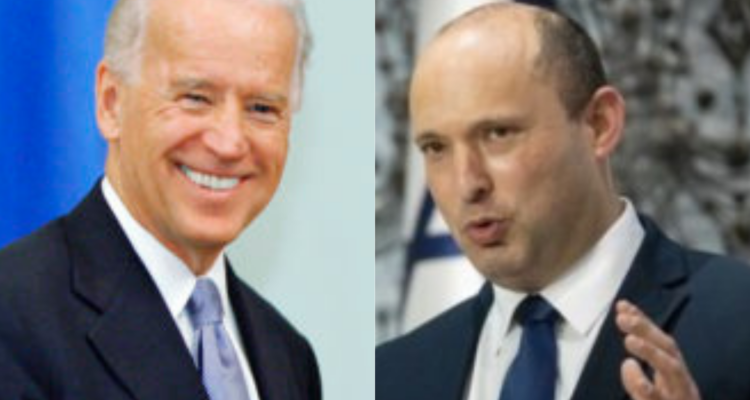Iran “will not agree to concede [power] just because we ask them nicely,” Israel’s National Security Advisor Eyal Hulata said, responding to comments made by U.S. representative Brett McGurk.
By Tobias Siegal, World Israel News
In his first public address since assuming office, Israel’s National Security Advisor Eyal Hulata reiterated on Sunday Israel’s commitment to preventing Iran from obtaining a nuclear weapon, and was challenged by the American representative perspective.
Speaking at a conference in Bahrain dealing with regional-strategic issues, Hulata stressed that the Middle East and the entire world are at a critical turning point in regards to Iran, Walla News reported.
“This is the time to show a united front – we will never allow Iran to obtain a nuclear weapon,” he stated.
Hulata replaced senior security official Meir Ben-Shabbat in July, partially due to his extensive experience on the Iranian front, which he gained during his 20 years of service in the Mossad.
But Hulata’s comments were challenged by the American representative in the conference, National Security Coordinator for for the Middle East and North Africa, Brett McGurk, who said that the pressure put on Iran during the Trump administration failed and that the current administration “is not delusional” that anymore pressure will change Iran’s behavior.
Hulata replied by arguing that Iran “will not agree to concede [power] just because we ask them nicely,” adding that “those who claim that pressure does not work need to re-examine the previous rounds of pressure put on Iran by the two previous administrations. They are what helped change Iran’s policies. We believe that Iran won’t change its policy unless we force it to.”
McGurk noted that the Iran nuclear talks in Vienna are approaching and that the U.S. hopes that diplomacy prevails. But “if it fails, we’ll use other means,” he clarified, adding that “a military action won’t change Iran’s behavior but it can slow down its nuclear program.” The top diplomat said, however, that the United States “will not be dragged into an exchange of blows with Iran and its proxies. If we respond – we will do so decisively.”
The importance of the renewed talks with Iran for the Biden administration was also raised by Israeli and U.S. officials who had recently revealed that a drone attack carried out by Iranian proxies on a U.S. base in southern Syria, was actually carried out as retaliation for Israeli airstrikes. They explained the Pentagon’s unwillingness to publicly blame Iran on the approaching talks, estimating that the U.S. is trying to avoid any tensions with Tehran at the moment.
U.S. Special Envoy for Iran Robert Malley is expected to meet with Foreign Minister Yair Lapid in Jerusalem on Monday. Prime Minister Naftali Bennett has already said he does not plan to meet with Malley in order to convey Israel’s objection to renewing talks with Iran.





